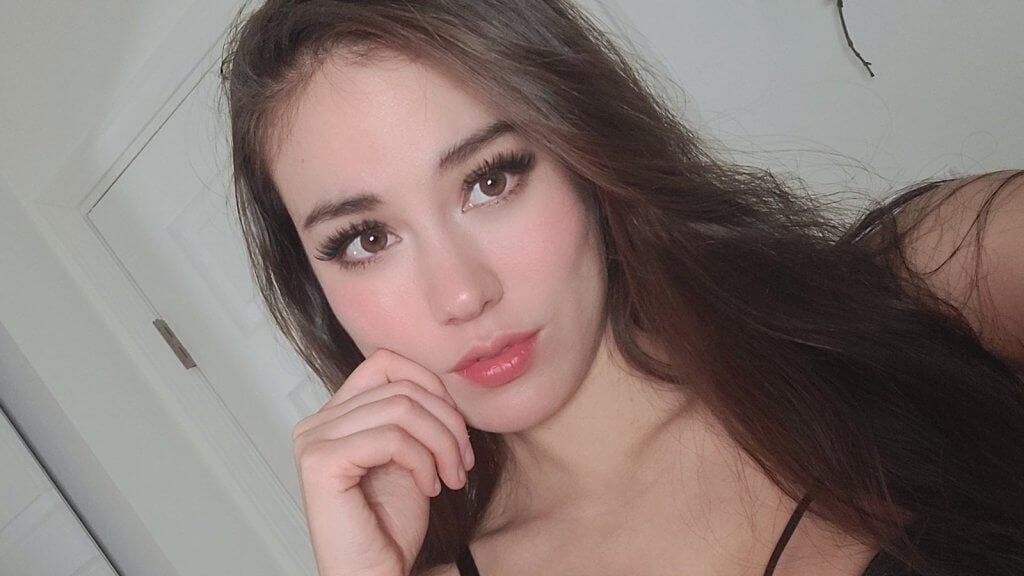In the rapidly evolving landscape of digital media and content creation, certain events transcend their immediate context, leaving a lasting imprint on industry practices, community norms, and individual careers. The unauthorized dissemination of content associated with former Twitch streamer Indiefoxx, an incident colloquially known as "the Indiefoxx leak," represents one such watershed moment. Far from fading into obscurity, its unexpected ripple effects continue to reverberate, reshaping conversations around creator vulnerability, platform responsibility, and the volatile nature of online identity.
Editor's Note: Published on January 20, 2024. This article explores the facts and social context surrounding the Indiefoxx leak's persistent impact.
Origins of a Digital Deluge and Initial Public Reactions
The incident in question, emerging from the unauthorized release of private content, catalyzed a significant storm across various online platforms in its initial stages. Indiefoxx, a prominent figure known for her "hot tub streams" and ASMR content on Twitch, found herself at the center of a privacy breach that quickly spiraled into a widespread topic of discussion. The content, never intended for public consumption, was rapidly circulated, igniting intense debates about digital privacy, consent, and the ethics of content sharing.
"The internet has a long memory, and unauthorized content, once released, is almost impossible to fully contain. This incident serves as a stark reminder of the digital age's inherent vulnerabilities," remarked a prominent cybersecurity expert, speaking anonymously on the pervasive challenges of online security.
Evolving Platform Policies and the Creator's Quandary
In the wake of the Indiefoxx leak and similar incidents involving other creators, major streaming platforms and content hosting sites faced renewed scrutiny over their content moderation policies and their capacity to protect user data. Twitch, for instance, had previously taken action against Indiefoxx, banning her following policy violations related to her content. However, the subsequent leak shifted the focus from content creation rules to the imperative of safeguarding creators from malicious attacks and privacy invasions. The event underscored a growing tension: platforms strive to offer freedom for expression while simultaneously grappling with the immense challenge of policing an ever-expanding digital frontier against illicit activities.
A key insight emerging from the aftermath is the critical re-evaluation of platform accountability. While individual creators bear responsibility for their content, the platforms hosting them are increasingly expected to implement more robust safeguards against unauthorized data breaches and content dissemination, pushing for a stronger commitment to user privacy and security beyond just moderation rules.
